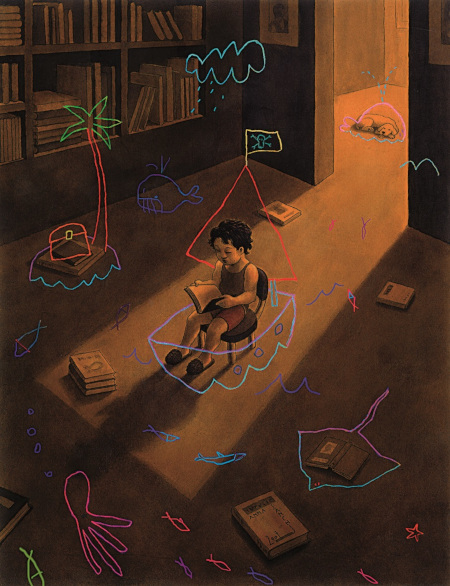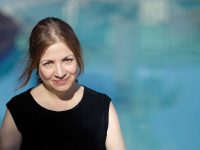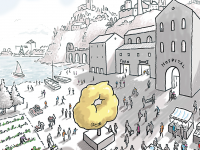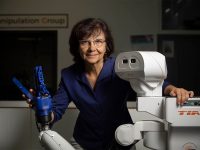
On 29 April 1962, President John F. Kennedy gathered 49 Nobel prize winners for a great banquet at his residence. He told the attendees: «I think this is the most extraordinary collection of talent, of human knowledge, that has ever been gathered together at the White House, with the possible exception of when Thomas Jefferson dined alone.» The rhetoric hyperbole was his way to recognize the vast knowledge of the third president of the United States, a man capable of writing the first modern constitution, composing music, discuss palaeontology, supervise archaeological excavations, design buildings (including the University of Virginia), theorize about agronomy, perfect the pantograph or invent the swivel chair. Yes, Jefferson was a polymath.
Polymath is a term coming from the Greek πολυμαθής (‘polimathós’), meaning «one who learned much». A polymath is a broad spectrum scholar, a person who knows about every topic in depth. It is a response to the Renaissance ideal of the Homo universalis. Ramon Llull, Leonardo da Vinci or Isaac Newton conform to the description. So did Thomas Jefferson, of course. They were beings with a brisk intelligence, expanded knowledge and unlimited curiosity. The kind of being that is more and more difficult to find as, since the Industrial Revolution, the knowledge stocks have been increasingly bulging with new information.
There is the same percentage of could-be polymaths today as there was one thousand years ago, of course, just as the percentage of fools has remained the same (a very high figure, by the way). Conversely, there is no individual today who can comprehend the entirety of available knowledge, not by a long shot. That is not a problem. The problem, though, is the fact that aspiring to be a polymath is looked upon with disdain of even with hostility. And not only polymathy, but also encyclopaedism, which is the version we could all attain. Indeed, knowing about everything is frowned upon. Specialisation is the only respected position. And it shouldn’t, because specialisation is not the objective of science, but a limitation of scientists: in a society that is so fragmented and specialised, I wish there were more polymaths.
«The Internet generation and the library generation (meaning all the ones before, in fact) have more than a generational conflict. They stage a cultural rupture»
The Renaissance polymaths fed on the observation of reality, their own creating experience and the knowledge compiled in books. Today you can also use the enormous repository that is the Internet. But in practice, the World Wide Web does not increase polymathy instrumentally. The Internet rather discourages it. Actually, the Internet generation and the library generation (meaning all the ones before, in fact) have more than a generational conflict. They stage a cultural rupture, I think. The famous «cloud», for instance, is not a delocalised space for shareable information, but rather vaporously shared information delocalised in space, which is different. Authorship there is blurred so users appropriate information uncritically and without remorse. And since information is not signed, there is no responsible for it. This radically disrupts the criteria that dominated the world since the Renaissance. Now we can all process unchecked anonymous data, that is, we can all be spurious polymaths without the erudition. Copy-pasting is a common practice among young university students, even some PhD theses use the system, rhetorically disguised as a compilation of experiments.
The fact is that true polymaths seem to be still fascinating and still necessary. They have names and faces. And an educated opinion. They know how to know. That’s why they are wise. «Knowledge can be communicated, but not wisdom», said Hermann Hesse. I’m afraid that the society of vague knowledge advances while polymathic wisdom pulls back.





